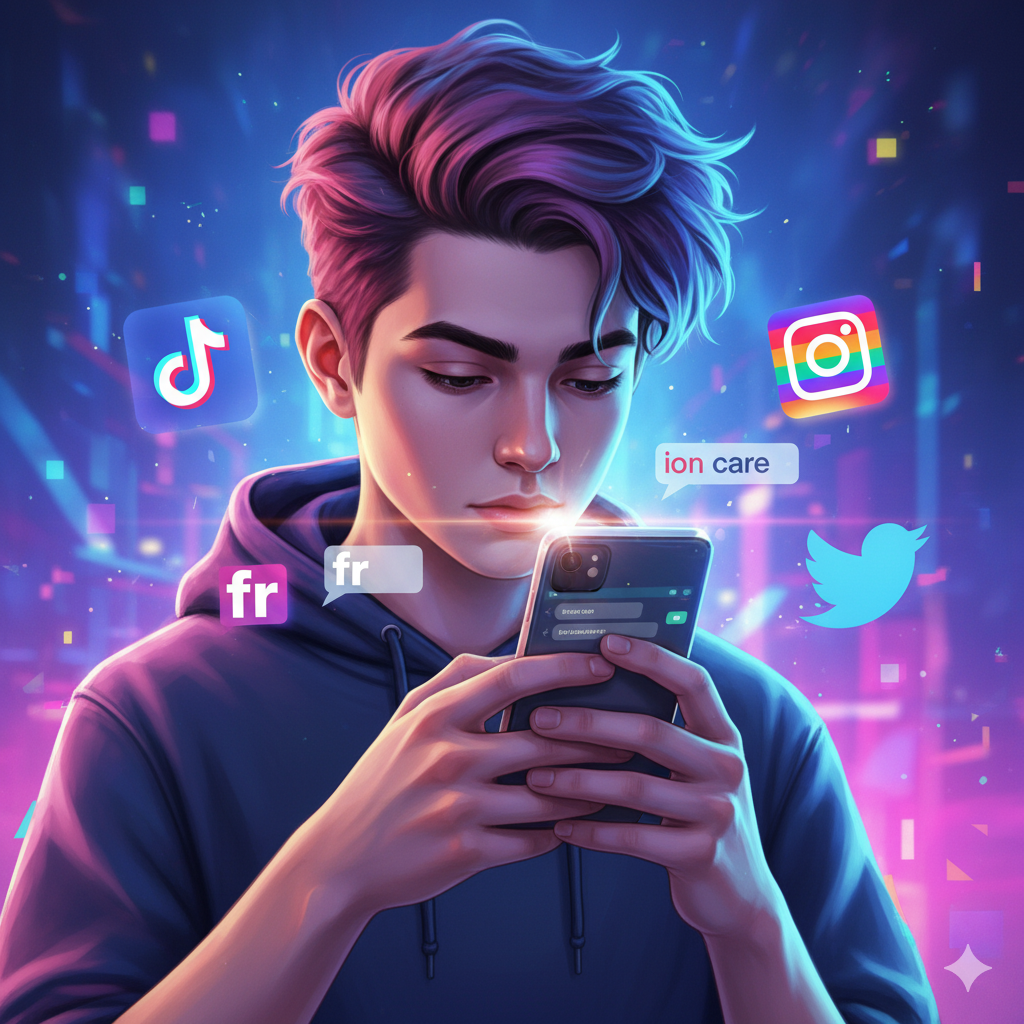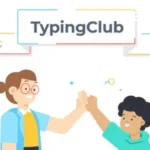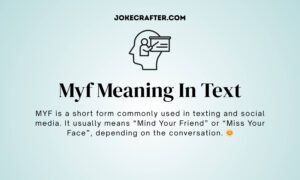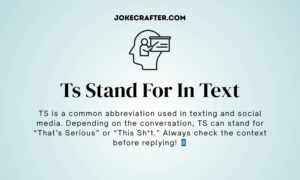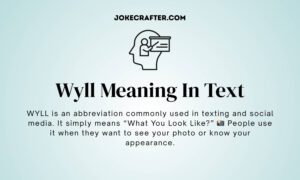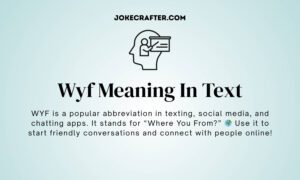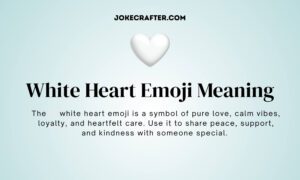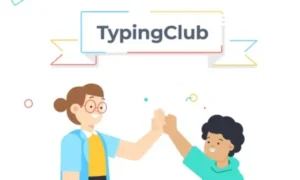In today’s digital age, language is evolving at lightning speed. Social media, texting apps, and online communities constantly create new slang terms, making it difficult for some to keep up. One term you may have seen frequently on TikTok, Twitter, or Instagram is “ion.” If you’ve seen phrases like “ion care” or “ion know” and wondered what does ion mean, this guide is here to explain everything. We’ll cover the definition, origin, usage examples, tips for using ion in texting and social media, and how it fits into modern Gen Z slang.
What Does Ion Mean in Slang?
Ion is a shorthand for “I don’t” or sometimes “I ain’t gonna”, depending on context. It is primarily used in casual conversations, texting abbreviations, and social media posts. The word is informal, making it ideal for memes, captions, and playful dialogue online.
Examples of Ion in texting and social media:
“Ion care what people say.” → “I don’t care what people say.”
“Ion know why she left.” → “I don’t know why she left.”
This concise form allows users to express themselves quickly while keeping a casual, laid-back tone, which is why it resonates strongly with Gen Z and internet-savvy audiences.
Origins of Ion Slang
The term ion likely originated from African American Vernacular English (AAVE) and was popularized through social media platforms like TikTok, Instagram, and Twitter. Many modern slang words, including “finna,” “sus,” and “cap/no cap,” share similar roots, demonstrating how cultural expressions evolve into widely recognized internet slang terms.
The evolution looks like this:
I don’t → I-don’t → ion
This form is not only faster to type but also fits the rhythmic patterns of casual speech, making it popular for both texting and social media captions.
How Ion Is Used in Texting and Social Media
The versatility of ion allows it to be used in different ways depending on context, tone, and platform. Here are the most common uses:
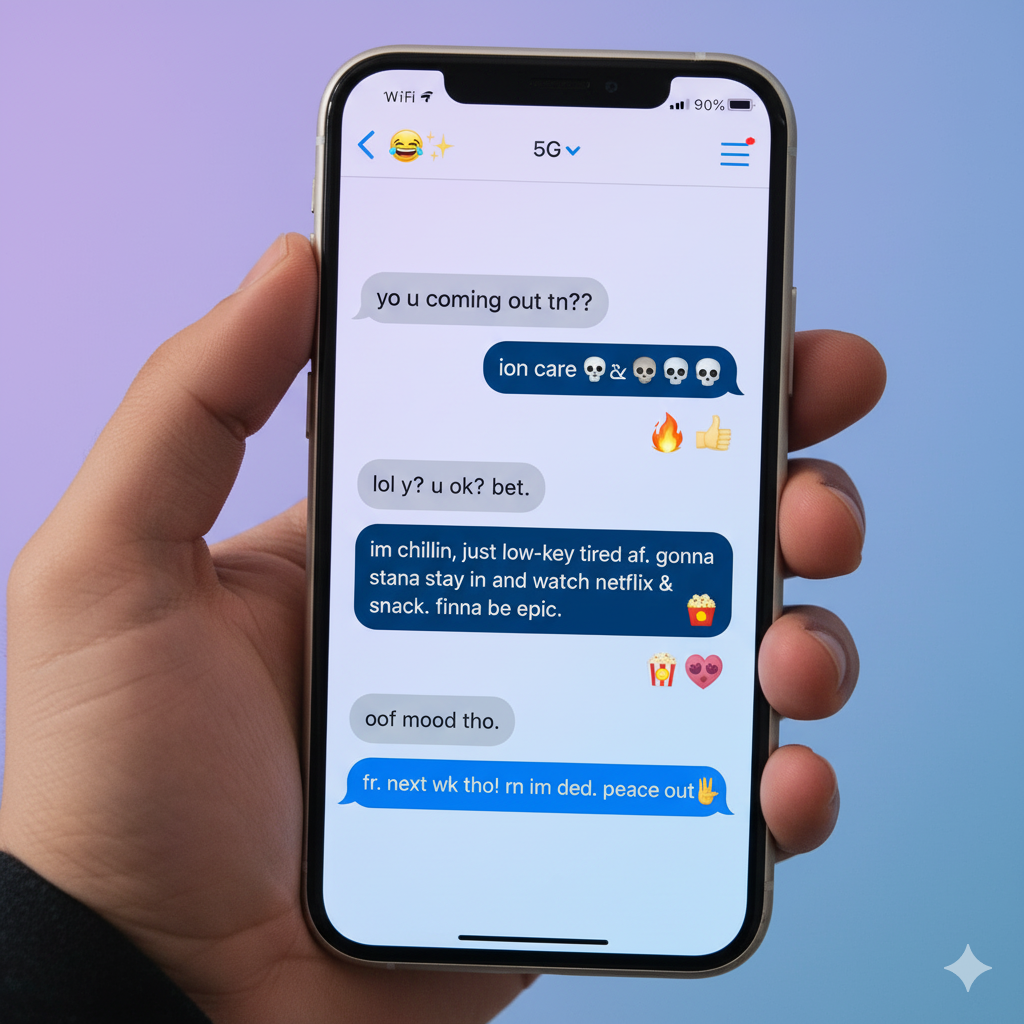
1. Expressing Indifference
Example: “Ion care if it rains tomorrow, I’m staying in.”Here, ion care conveys apathy or a lack of concern, a casual tone common in digital slang.
2. Showing Uncertainty
- Example: “Ion know what to tell him.”
This simply substitutes “I don’t”, expressing confusion, uncertainty, or hesitation.
3. Declining or Refusing
- Example: “Ion feel like going to the party tonight.”
It can casually communicate refusal or disinterest without seeming rude.
4. Adding Humor or Playfulness
- Example: “Ion even tryna deal with this drama, fr.”
Here, “fr” stands for “for real,” amplifying the casual or humorous tone often seen in TikTok slang and other internet slang terms.
Ion vs Traditional Grammar
Ion is strictly informal. Unlike standard grammar, it’s meant for digital communication where brevity and tone are more important than correctness.
Formal vs. Slang Comparison:
Formal: “I don’t know why he did that.”
Slang: “Ion know why he did that.”
Using ion makes sentences shorter, relatable, and more casual, which is ideal for texting, memes, and social media posts.
Examples of Ion in Popular Culture
Social media and meme culture have accelerated the use of ion. Here are some examples:
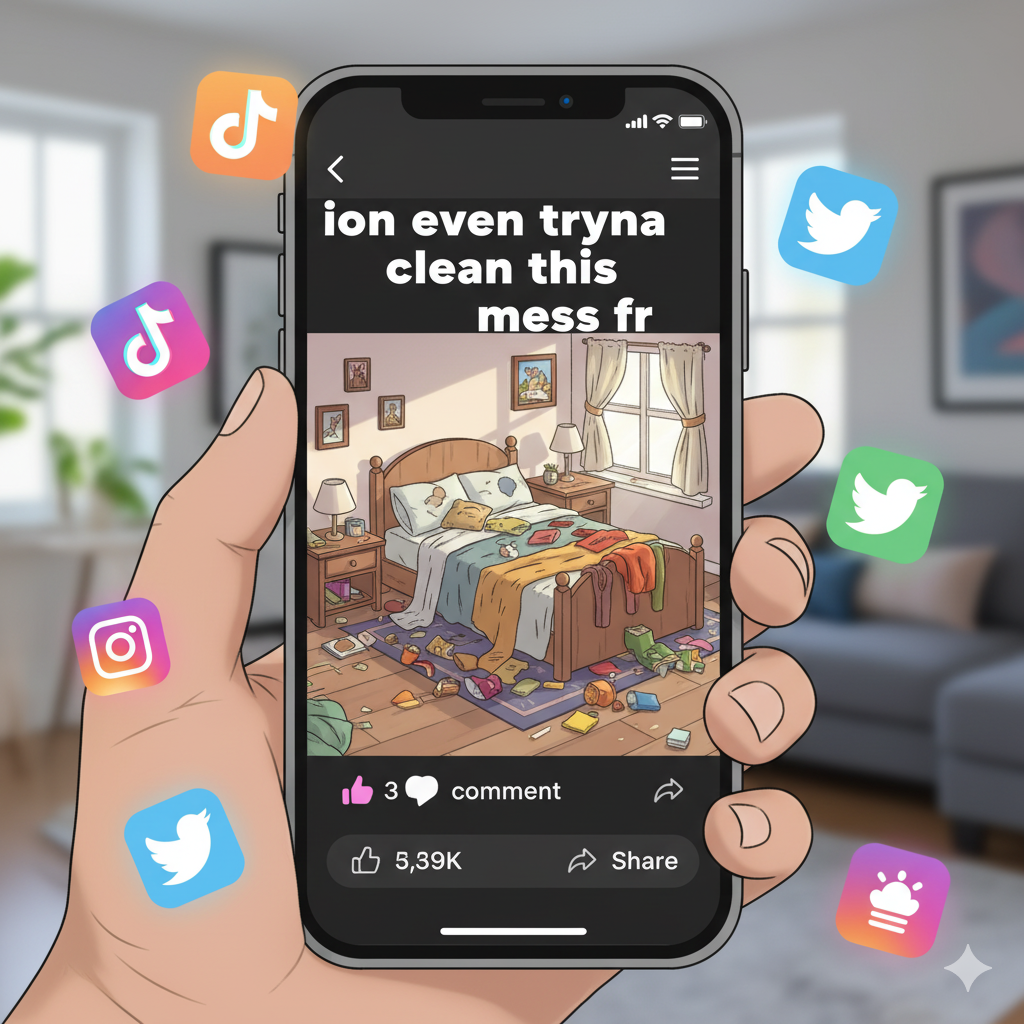
TikTok Captions:
“Ion got time for negativity today 😌”
Twitter Posts:
“Ion know why everyone’s stressing over finals, just relax lol.”
Memes:
A messy room with the caption: “Ion even tryna clean this mess fr.”
Notice how ion pairs with emojis and other slang words, making it a staple in Gen Z slang and texting abbreviations.
Why Ion Slang Is So Popular
Several factors contribute to the widespread popularity of ion:
Brevity: Short forms save time while typing.
Casual Tone: Conveys a relaxed, nonchalant attitude.
Cultural Influence: Platforms like TikTok, Instagram, and Twitter rapidly spread trends.
Identity & Style: Using ion signals familiarity with modern slang words and social media language, helping users feel connected to online communities.
Essentially, ion is a social and cultural signal, not just a word.
Common Mistakes When Using Ion
Even though ion is simple, users should avoid certain mistakes:
Overuse: Using it too frequently can clutter text.
Formal Contexts: Avoid in emails, school essays, or professional writing.
Misinterpretation: Older audiences or those unfamiliar with internet slang terms may not understand it.
Pro tip: Use ion in moderation and primarily in texting, memes, or social media posts.
Similar Slang Words
“Ion” belongs to a larger family of modern online slang words and texting abbreviations. Here are a few related terms:
| Slang | Meaning |
|---|---|
| fr | for real |
| cap/no cap | lie / no lie |
| finna | going to / about to |
| sus | suspicious |
| idk | I don’t know |
Like ion, these terms shorten common phrases for speed and style in digital communication.
Fun Facts About Ion
Phonetic Shortcut: Pronounced like “I don’t,” making it a natural texting abbreviation.
Cross-Platform Use: Common on TikTok, Instagram, Snapchat, and YouTube.
Global Influence: Though originating in the U.S., ion has spread worldwide through social media.
Memes and Humor: Works well in short captions for humorous effect in online content.
FAQs About Ion Slang (Structured for Google Snippets)
Q1: What does ion mean in slang?
A: “Ion” is short for “I don’t” or “I ain’t gonna,” mainly used in texting, memes, and social media posts.
Q2: How do you pronounce ion?
- A: It’s pronounced like “I don’t” when spoken quickly; in text, it appears as “ion.”
Q3: Can I use ion in professional writing?
- A: No. It’s informal slang and should only be used in casual contexts, like social media, texting, or memes.
Q4: Where did ion slang originate?
- A: Likely from African American Vernacular English (AAVE) and gained popularity on platforms like TikTok, Twitter, and Instagram.
Q5: What does “ion care” mean?
- A: It means “I don’t care,” expressing casual indifference.
Tips for Using Ion Naturally
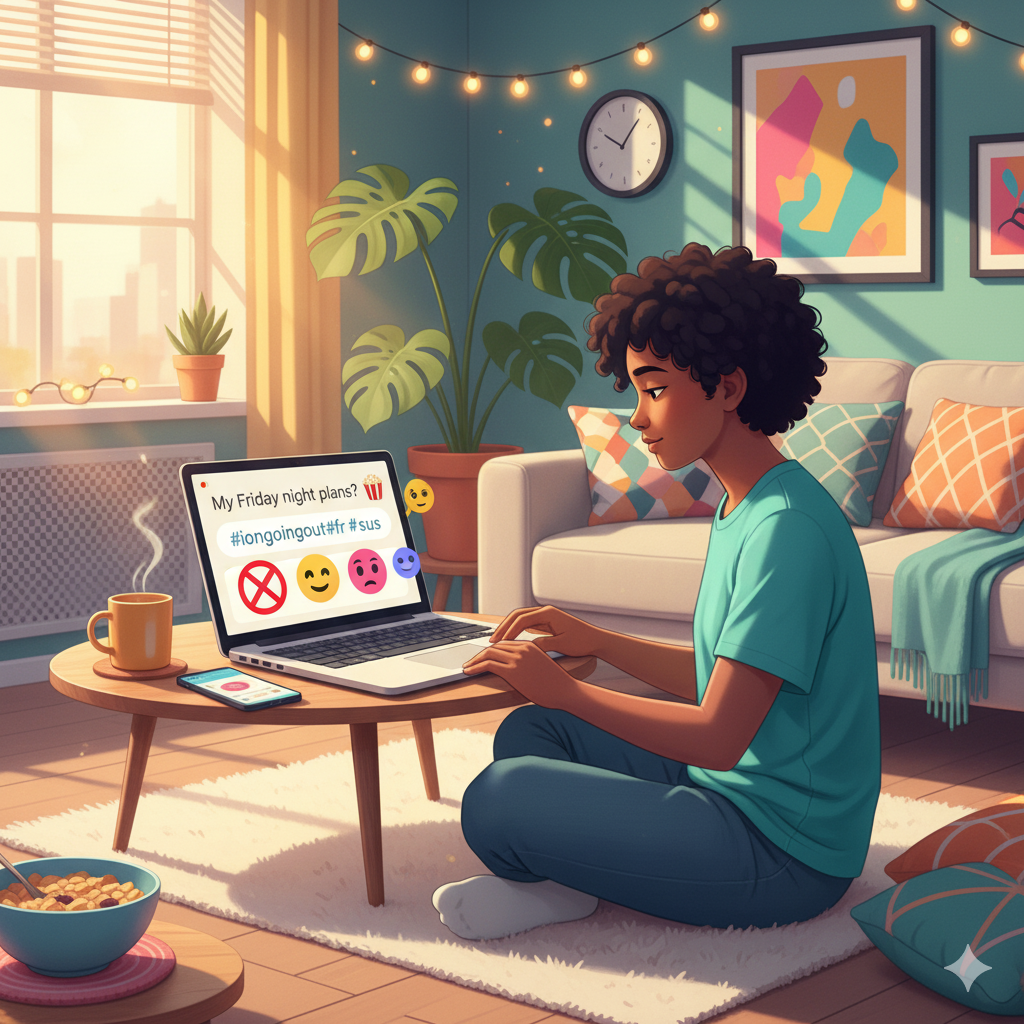
Keep It Casual: Use in texting, memes, or social media captions.
Pair With Emojis: Helps convey tone and humor.
Combine With Other Slang: Words like “fr” or “sus” make it feel authentic.
Don’t Force It: Use naturally to avoid seeming try-hard or unnatural.
Credibility & Trust Signals
Author Bio:
Rimsha is a digital culture writer specializing in Gen Z slang, internet language trends, and social media communication. She observes TikTok, Instagram, and Twitter trends to provide accurate insights into modern online language.
- Citations/Authority References:
- Linguists studying digital communication have noted the rise of abbreviations like ion for brevity and casual tone.
- Oxford Dictionaries and Merriam-Webster recognize texting abbreviations as part of evolving internet slang.
- Disclaimer:
This article is for informational purposes only and reflects commonly observed online usage of the slang term ion as of 2025.
Conclusion
Understanding ion meaning in slang is essential for anyone navigating modern social media language. This small word conveys attitude, humor, and casual indifference, making it a staple of Gen Z slang, texting abbreviations, and internet slang terms. By using it naturally, you can decode digital conversations, create relatable captions, and stay in touch with evolving language trends.
As online language continues to evolve, terms like ion show how brevity, humor, and cultural influence shape modern communication.
David is the creative mind behind jokes Crafter, a hub for clever jokes, witty wordplay, and laugh-out-loud content. With a passion for humor and a knack for crafting the perfect punchline, David brings smiles to readers across the globe. When he's not writing, he's probably thinking up his next viral joke or enjoying a good comedy show.
